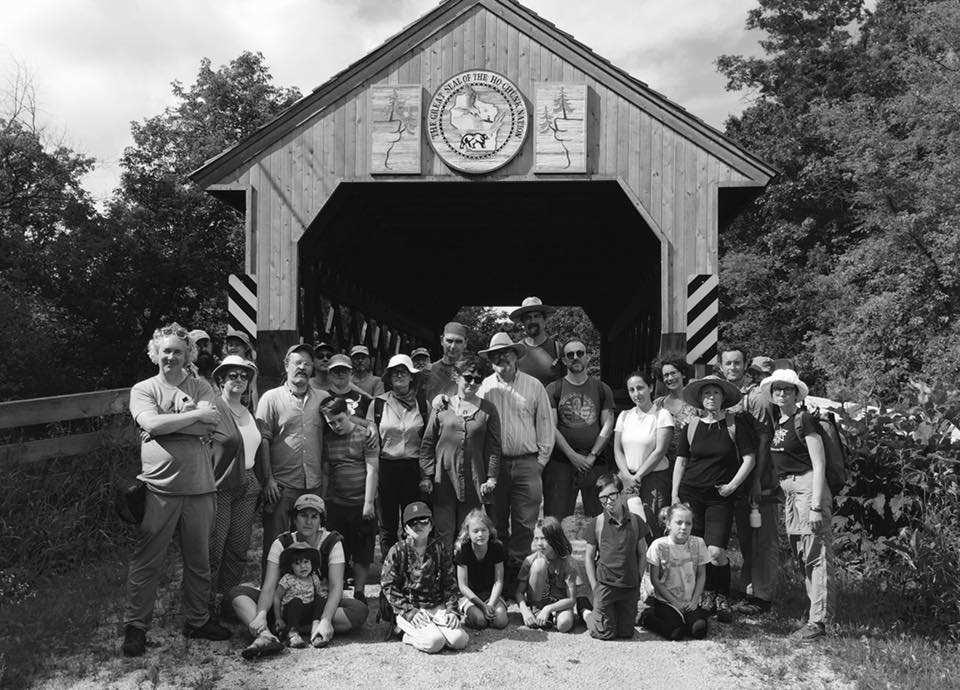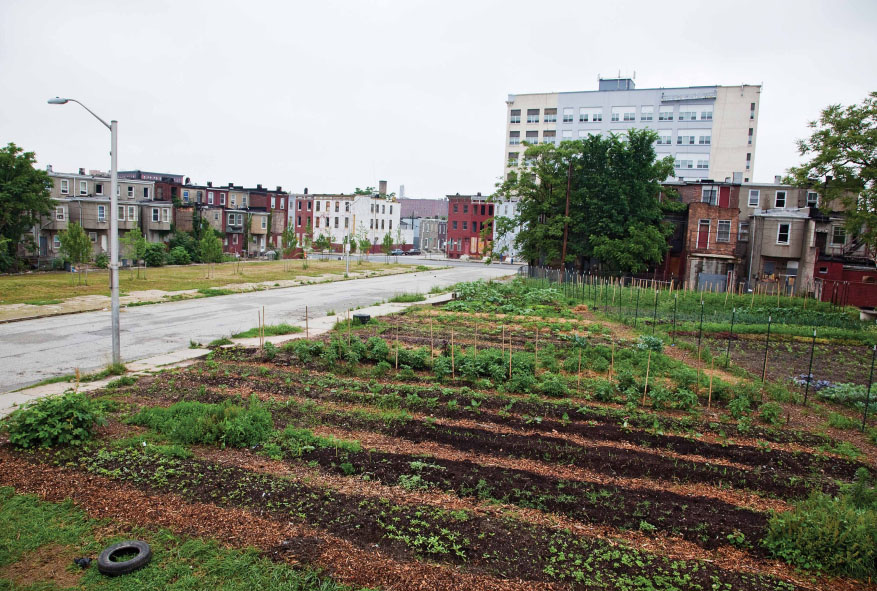
This past week I closed up Beyond Repair for a few days to head out with Louis into Ho Chunk land within the Driftless region of southeastern, Wisconsin at the invitation of Nicholas Brown and Sarah Kanouse. Nick and Sarah are part of an old, extend crew of “critical spacial practice” artists from around Chicago that I fell into orbit with about 17 years ago now. The reason for our gathering, and the many thoughts that have arisen from it, I’ll get to at length in writing soon. My experiences over the last few days were rich, complex, and inspiring, not the least of which can be attributed to having spent so many days with people whose desires, imaginings, actions, and ethics I admire so much. But for now I wanted to briefly comment on our experience together with Bill Quackenbush, Tribal Historic Preservation Officer for the Ho-Chunk Nation, and our guide for a long and deeply effecting tour through Ho Chunk land within the Kickapoo Valley Reserve. I think it helped a lot that I had visited parts of the reserve with Nick and the kids last summer to climb “Blackhawk Rock.” Having a small taste of the area allowed me the perspective to look on it freshly through another perspective. As with our gathering in full, our time with Bill I’ll need more time to reflect upon, but for now, I want to, in some fashion, simply let the world know how effecting our experience with Bill on his tribal land was. His ability to distill, expand, and complicate ideas around the environmental, social, and historical landscape that he shared with us provided me a wealth of ideas and histories to consider, not least of which was how the land itself allows us to read stories about ourselves, and in turn, tell stories about our present and future.
I love being in rural areas, but I was born in New York City and have spent the majority of my day-to-day life in cities. Bill’s deft ability in sharing the social histories and tools embedded within the tribal land of the Ho Chunk has opened up new ways for me to think about time and our time here together. I am grateful for the experience and plan on giving all that was provided us as much time in return as we were offered.
